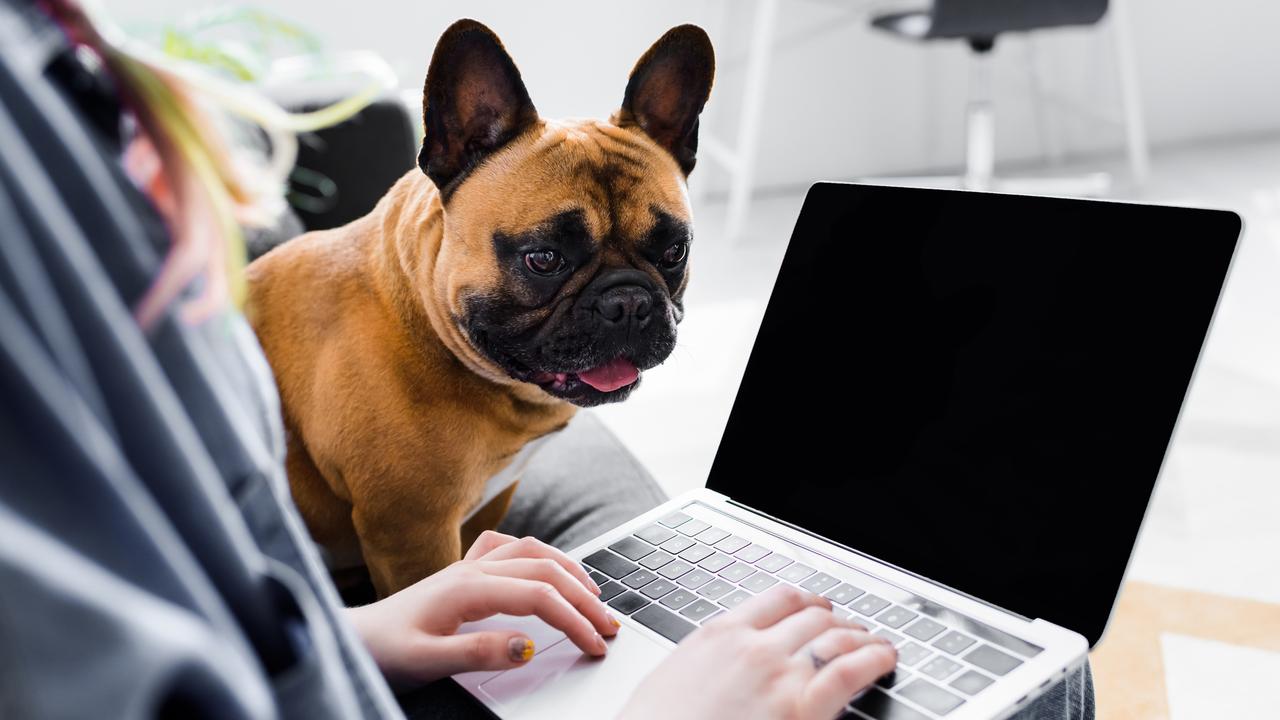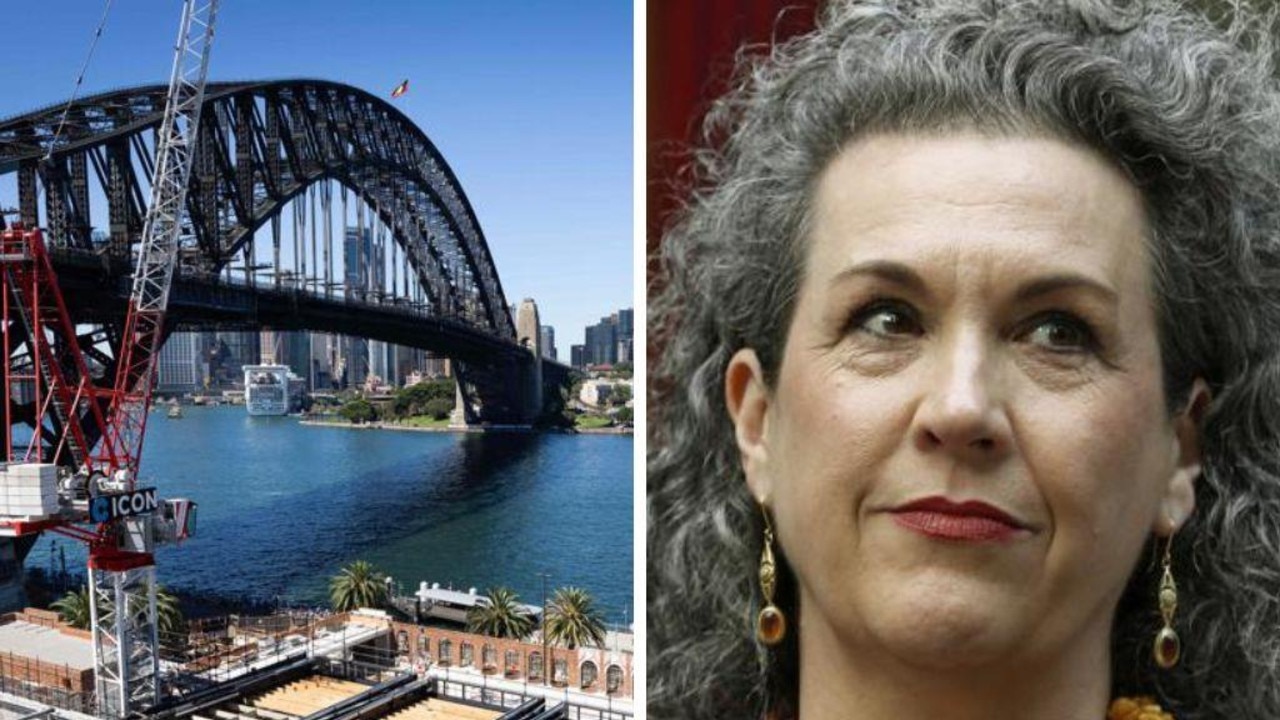New tax rules you need to know before the end of financial year
It might be the last thing on your mind right now, but tax time is fast approaching – and there are a stack of big changes this year.

Tax time is coming – and it’s going to be a little different this time around.
That’s because a raft of new changes are due to kick in as you fill out your tax return in 2020, and many are likely to affect you.
Here’s a round up of everything you need to know.
Today news.com.au kicks off the Money Project to help Australians deal with the financial impact of the coronavirus.
STIMULUS PAYMENTS
The coronavirus crisis has left millions of Aussies out of work or facing uncertain professional futures, which is why the government has introduced a raft of stimulus measures, including the JobKeeper wage subsidy and boosting the JobSeeker payment.
However, H & R Block director of tax communications Mark Chapman said it’s important to remember that both JobSeeker and JobKeeper payments – or any other government benefit – are part of your taxable income, meaning you have to report that cash like you would your regular salary.
RELATED: ‘Pointless’ 10-person rule backfires
RELATED: ‘Zombie firms’: How JobKeeper flopped
“JobKeeper and JobSeeker are treated the same way as your normal wage and it has to go on your tax return in the same way,” he explained.
“Centrelink will provide you with the equivalent of a payment summary so you can see exactly how much you’ve been paid at the end of the financial year.”
SCOMO’S $1080
Last year, Australians rushed to lodge their tax returns as early as possible thanks to the promise of that infamous $1080 tax offset.
The good news is, it’s back this year – but it doesn’t mean you’ll get a $1080 lump sum.
That’s because it’s a tax offset that reduces your overall tax bill, which means you will either get a bigger refund than you normally would, or alternatively, you might end up having to pay less if you receive a tax bill.
It’s worth anywhere from $255 to the full $1080, depending on how much you’re earning – and those who make more than $126,000 won’t get anything at all.
And Mr Chapman said that just like last year, you “don’t have to do anything” to receive the benefit – it will automatically be calculated when you lodge your tax return.
WORKING FROM HOME
Countless Aussies have been working from home during the coronavirus lockdown, and Mr Chapman said there would probably be a big jump in claims as a result.
“We’re likely to see a spike in people’s working from home expenses compared to previous years,” he said.
“A lot of us have been working from home full time for weeks so there is bound to be a spike in those claims.”
Just last month, the ATO revealed it was rolling out a new working from home shortcut to make it easier for people to claim deductions.
The special new arrangement will allow people to claim a rate of 80 cents per hour for all their running expenses, instead of calculating costs for specific running expenses as taxpayers would under normal circumstances.
Multiple people living in the same house can claim this new rate individually, and it is no longer a requirement to have a dedicated work from home area in order to claim.

The change means taxpayers will be now able to choose one of three ways to calculate their additional running expenses for the period of March 1 to June 30.
They include claiming that rate of 80 cents per work hour for all additional running expenses, claiming a rate of 52 cents per work hour for heating, cooling, lighting, cleaning and the decline in value of office furniture, plus calculating the work-related portion of your phone and internet expenses, computer consumables, stationery and the decline in value of a computer, laptop or similar device, or claiming the actual work-related portion of all your running expenses, which you need to calculate on a reasonable basis.
On the flip side, Mr Chapman said the working from home arrangements would mean a likely decrease in some common tax deductions such as car use and work-related clothing.
NO MORE PAYMENT SUMMARIES
Most of us usually wait until we get our annual payment summary from our employer at the end of the financial year before lodging our tax return – but those summaries, sometimes referred to as group certificates, are now virtually a thing of the past.
That’s because many organisations must now report their workers’ income, superannuation and tax information directly to the Australian Taxation Office in real time.
If you file your return through a tax agent, they will automatically have those details on file, and if you do it yourself, it will also be ready and waiting for you on myGov.
Mr Chapman said this change slowly started rolling out last year, but would be far more widespread in 2020.
“People will no longer get a payment summary from their employer – instead, that detail will go directly to the ATO,” he said.
“It’s the exact same information, it’s just not coming directly from your employer now – it will come from the ATO and will be pre-filled directly into your tax return.”
PRIVATE HEALTH
In a similar vein, health insurers are no longer required to send members a private health insurance statement this financial year.
That means the information will again be automatically pre-filled in your tax return by July 20 if you use an agent or are lodging online.
If the information isn’t there by that date or if you plan to lodge a paper return, you will need to request a statement from your insurer, which can take 14 days to arrive.




